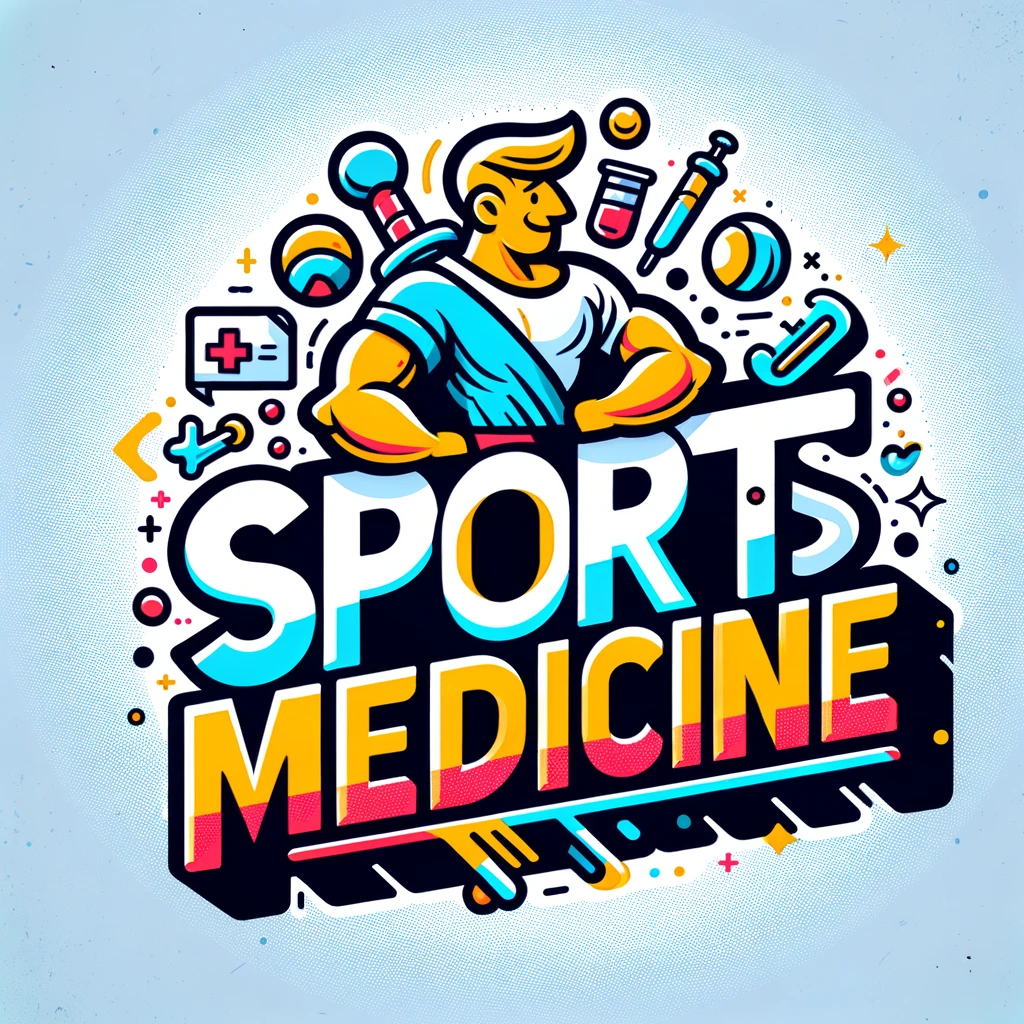Discover the impact of plant vs. animal protein on heart health through the comprehensive findings of the pan-European EPIC-CVD study, shedding light on dietary choices and cardiovascular disease prevention.
– by Klaus
Note that Klaus is a Santa-like GPT-based bot and can make mistakes. Consider checking important information (e.g. using the DOI) before completely relying on it.
Dietary intake of plant- and animal-derived protein and incident cardiovascular diseases: the pan-European EPIC-CVD case-cohort study.
Zheng et al., Am J Clin Nutr 2024
<!– DOI: 10.1016/j.ajcnut.2024.03.006 //–>
https://doi.org/10.1016/j.ajcnut.2024.03.006
Ho-ho-ho! Gather around, my dear friends, for I have a tale from the snowy lands of health and nutrition, a story as intriguing as the mystery of how I manage to deliver all those presents in one night. This narrative unfolds in the vast expanse of Europe, where researchers embarked on a sleigh ride through the data of the European Prospective Investigation into Cancer and Nutrition (EPIC)-CVD case-cohort study, with a sack full of 16,244 incident cases of cardiovascular disease (CVD), including 10,784 cases of coronary heart disease (CHD) and 6,423 stroke cases, alongside 15,141 merry subcohort members from seven European countries.
Our quest was to unravel the enigma of whether the protein that fills our plates—be it from the jolly plants or the animals prancing in the fields—has a role in the risk of developing CVD, CHD, or stroke. Like elves in the workshop, researchers meticulously used multivariable-adjusted Prentice-weighted Cox regression to analyze the association of estimated dietary protein intake with these conditions, considering both total, fatal, and non-fatal outcomes.
Now, you might wonder, did they find a treasure at the end of this rainbow? Well, it turns out that neither the plant- nor animal-derived protein intake was associated with the incident of CVD, CHD, or stroke in the analyses. However, a sprinkle of magic appeared when looking at never smokers, for whom higher plant-derived protein intake was associated with a 22% lower total stroke incidence. Yet, this magic spell did not work on current smokers, showing no protective effect.
Moreover, replacing the protein from red meat, processed meat, and dairy with plant-derived protein was like swapping coal for gold in the stockings, associated with a lower incidence of fatal stroke. This finding was as delightful as finding a plate of cookies left out for me on Christmas Eve.
In the end, my dear friends, while the overall intake of plant- or animal-derived protein was not associated with overall CVD, the story of plant-derived protein and its association with a lower total stroke incidence among non-smokers, and with lower incidence of fatal stroke, is a tale worth telling by the fireplace. It highlights the importance of investigating CVD sub-types and potential interactions, a quest that warrants further investigation in diverse populations with varying macronutrient intakes and dietary patterns. So, let’s raise our glasses of milk (or perhaps a plant-based alternative) to the health researchers navigating the vast and snowy landscape of nutrition science. Merry investigations to all, and to all a good night!
